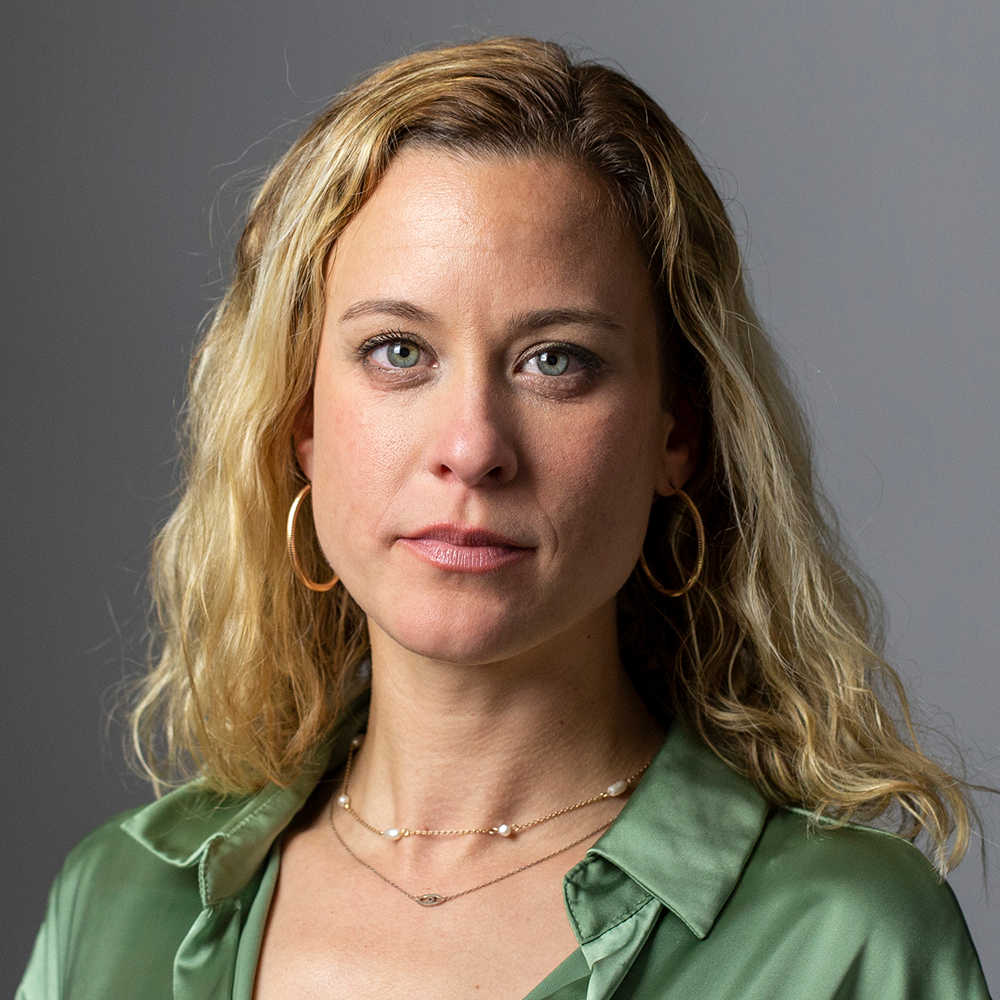

Switzerland Today
Dear Swiss Abroad,
Like many of you around the world, we here in Bern are thinking about the weekend: Aare böötle (rafting in boats on the Aare River), swimming in Lake Maggiore or attending this weekend’s festival in Zurich.
But the political news is still going strong. The federal and cantonal governments are clashing over planned budget cuts, and Swiss university students wanting to study in the US may not get their visas in time for the new term.
Wishing you a good weekend and sunny regards from Bern!

Marriage is declining, divorce is rising and fewer children are being born in Switzerland, according to new statistics.
Birthrates are falling around the world and Switzerland is also feeling the decline. Last year, 78,000 children were born in Switzerland – 1,800 fewer births than in 2023, according to a report by the Federal Statistical Office (FSO). In Zurich, Switzerland’s largest city, the rate has declined significantly, by 14%.
While the rate of first births has decreased slightly by 1.5%, the drop is sharper for second children, down 2.8%, and 3.6% lower for families having three children. The FSO says this suggests the trend is more about families choosing not to expand.
Combined with a slight rise in deaths, the net birth surplus – the difference between births and deaths – now stands at 6,300 people, the lowest in over a century.
The number of marriages also fell by 2.6%, with 2023 seeing the fewest weddings outside of the pandemic years.
Sociologist Katja Rost of the University of Zurich says the decline in marriages is not alarming, as modern society embraces different kinds of relationships. However, the drop in birth rates is more concerning, as it directly impacts Switzerland’s welfare system and education sector.

Tensions are rising between Switzerland’s federal government and the cantons over proposed austerity measures.
As reported by the Neue Zürcher Zeitung (NZZ), Markus Dieth, president of the conference of cantonal governments, described a recent letter from the Swiss federal government to the cantonal authorities as “unusual” and “unfriendly” – especially as it was released to the media at the same time.
The core dispute centres on Finance Minister Karin Keller-Sutter’s cost-cutting plans, which cantonal leaders say unfairly shift financial burdens without proper consultation. The conference of cantonal governments has called for a “revision” of the billion-franc savings package, despite it already being in the consultation phase.
Cantons have offered alternative proposals, such as reducing bureaucracy and improving asylum procedures to lower associated costs.
An additional inflammatory proposal by the cantonal authorities was the reduction of federal staff costs, based on a controversial study which claimed federal employees earn 12% more than those in the private sector. The federal government has countered the salary claims with a study by PwC.
The cantons are also frustrated with the federal government’s apparent undermining of their joint “Unbundling 27” reform plan, which aims to clarify responsibilities between national and regional authorities.
With both sides under pressure to balance budgets, and the cantons aligning with centre-right calls in parliament for deeper cuts to wages and asylum spending, the conflict is expected to intensify. The Swiss federal government is due to announce its next steps next Wednesday.

After a relatively quiet spell in Swiss politics, the summer parliamentary session has witnessed renewed turbulence.
The session that ended today began with a moment of unity following the huge landslide that devastated much of Blatten, a small Valais mountain village. But as Swissinfo’s Balz Rigendinger notes in his session wrap-up, the harmony was short-lived – and signs now point to a stormy political season ahead.
From debates over European Union treaties and the revised electronic ID (e-ID) law to proposed cuts to the Swiss Broadcasting Corporation (SBC, Swissinfo’s parent company), controversial popular initiatives on inheritance tax and compulsory civic service and internal party manoeuvring within the Radical-Liberal Party – Swiss politics is heating up.
The EU negotiations in particular have “reopened Pandora’s box”, writes Rigendinger, referring to a topic that has divided Switzerland for over three decades. Upcoming debates around neutrality and proposed inheritance tax policy are also expected to be highly emotional.
All of this comes against the backdrop of heightened global tensions and armed conflicts.

Swiss students may not be able to begin their studies in the US this autumn due to visa uncertainty.
Swiss universities are still unsure if all students will be able to take part in the upcoming US university exchange programmes, writes Swiss public broadcaster, RTS.
One student at the University of Geneva, who is due to attend Boston University for a year-long exchange programme, told RTS that while he has all the required documents and has paid his tuition fees, there are currently no available visa appointments.
The bottleneck is reportedly due to new guidelines which require the visa issuing administration to screen applicants’ social media accounts for anti-American content.
The University of Geneva student is not alone. Several US universities have contacted their Swiss counterparts asking them to hold places for students who may not receive their visas in time, reports RTS.
French-speaking universities say that it is too early to react and will wait to assess the number of visa denials before taking action.

In compliance with the JTI standards
More: SWI swissinfo.ch certified by the Journalism Trust Initiative




























